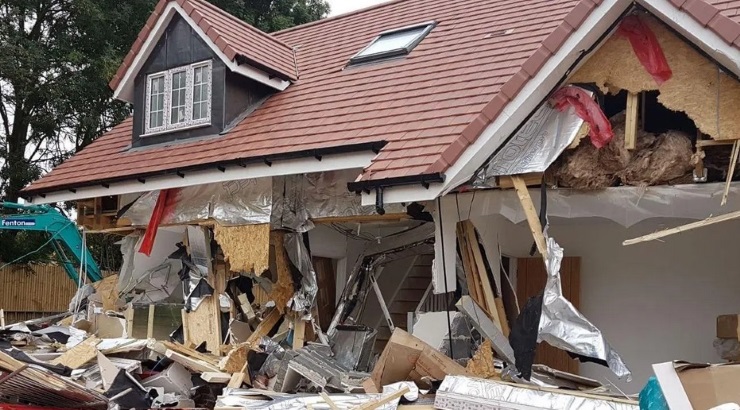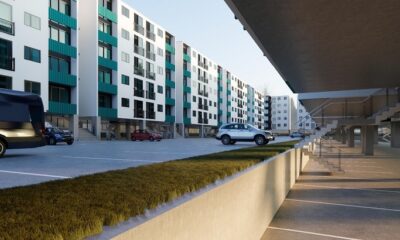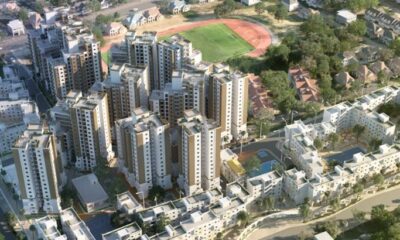Residential Projects
Hard times for city elders as mallets fall on bungalows
Changes to Nairobi rezoning laws have resulted in a widespread demolition of old bungalows across the city.

Bungalows have symbolized a calm way of life for centuries. These houses are generally marketed to individuals approaching retirement, and those wanting to live without the trouble of climbing stairs.
They also afford easy access for persons on wheelchairs, individuals with walking difficulties, as well as people battling health conditions that do not allow them to walk up the staircase.
Despite these important aspects, Nairobi bungalows are now facing annihilation. Thanks to the high costs of land and the rising demand for affordable housing, the city has in recent times relaxed its rezoning policy to allow construction of high rises in up market estates.
As a result, investors are increasingly buying old bungalows across the city – and knocking them down to pave the way for construction of apartments.
Among the most affected estates are Kilimani, Kileleshwa, Woodley, Spring Valley, and Riverside Drive. Also affected are bungalows in estates such as South B, Kasarani, and Kahawa West, where empty plots are hard to come by.
The Nairobi County government is also planning to thrash its old bungalows in Uhuru, Jeevanjee, Old Ngara, Pangani and Ngong Road estates and replace them with apartments in a bid to provide cheaper houses to the city residents.
“High and mid-rises will be constructed in place of the decayed bungalows existing in the old estates,” City Hall said in February.
Alternative accommodation
The widespread destruction of bungalows, many of which are occupied by elderly Nairobians, means that the senior citizens occupants have to find alternative accommodation, mostly on ground floors of new apartments – with most of the elders finding it difficult to adjust to the new way of life.
But even as the changes to the Nairobi rezoning ordinance take their toll on the elderly, industry players reckon that this is the only way to raise the supply of affordable housing in the city.
“Bungalows do not offer the most valuable use of a plot,” says Mungai Kimani of Kasarani. “You get far more value from a four or five storey building than you could get from a bungalow – no matter how big.”
While announcing changes to the Nairobi rezoning policy a few years ago, City Hall had indeed stated that the review of the laws was mainly informed by the rising prices of land in the city, “which necessitates a review of land use to unlock actual values while making it useful to more people”.
As it is now, affected elders will have to choose between living in apartments or shifting to nearby towns where bungalows are still coming up.
EXPLAINER:
The word bungalow is derived from the Hindi term “bangla”, which means “belonging to Bengal”. The term was used to describe detached cottages built for early immigrants in India.
The cottages gained an association with a healthy outdoor lifestyle among the settlers, many of whom returned to Europe praising the dwellings.












